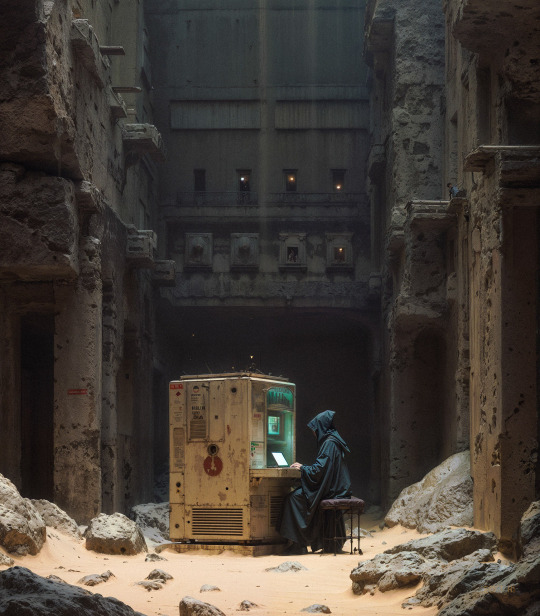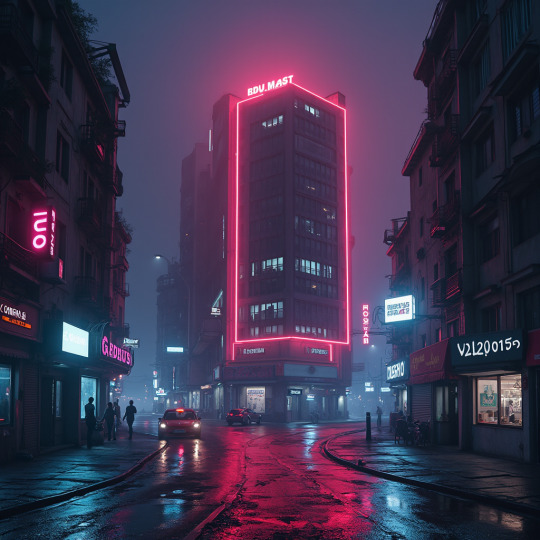Text
The West is losing the information war
Countries like Russia and China have spent years turning disinformation into a central pillar of statecraft. They don’t just lie—they lie loudly, constantly, and across every available platform. They’ve mastered the art of sowing confusion, undermining trust, and deepening political divides inside democratic societies. This isn’t done by accident—it’s done through well-funded, highly coordinated campaigns that blend state media, covert troll farms, social media influencers, and manipulated algorithms.
At the same time, they maintain an iron grip on their own information environments. In Russia, independent media is silenced, dissenters are jailed, and the internet is censored through so-called “sovereign” infrastructure that can block or throttle unwanted content. In China, the state filters all online speech through the Great Firewall, bans platforms like YouTube and Twitter, and floods domestic social media with tightly controlled propaganda. Algorithms are not tools for engagement—they are instruments of obedience.
That’s the key to their advantage: they control what their citizens see while exploiting the openness of our societies. We can’t inject truth into theirs—but they can inject lies into ours. Their disinformation can reach our phones in seconds, while our facts can’t even get past their digital borders. It’s a deeply asymmetrical fight, where authoritarian states operate with speed, scale, and impunity—while democracies struggle to respond without undermining our own values of free speech and transparency.
These regimes don’t wait around for approval. They don’t worry about press freedom or public debate. If they want to launch an influence campaign, they do it—quickly and quietly. They have entire networks producing and spreading their messages in dozens of languages, 24/7.
Worse still, they’ve gotten very good at grabbing attention. They use social media superspreaders, conspiracy influencers, and flashy TikTok videos to package their propaganda into something that feels exciting, rebellious, or funny—even when it’s completely false. They tell simple, emotionally charged stories that spread like wildfire. And all this is supercharged with AI.
And what do we counter that with? Dry press releases from EU officials. Long reports. Monotone statements from diplomats. Detailed debunking articles hidden behind paywalls, or buried deep in PDF reports that almost no one reads. Good intentions—delivered with all the flair of a tax form. Most of it never reaches the people actually being targeted by disinformation. It’s not that we don’t have the facts—it’s that we’re terrible at making people care about them.
Meanwhile, the information battlefield has already shifted. In Finland, half of teenagers between 13 and 18 now get their news from TikTok. And it’s not just influencers and entertainment—even North Korea is now publishing propaganda on the platform. That’s the level of reach and adaptability we’re up against. Authoritarian regimes are speaking directly to the next generation, using their language and their media. And we’re still whispering from behind paywalls and official podiums.
We’ve already seen how devastating information warfare can be when left unchecked. In January 2014, 60% of Russians had a positive view of Ukrainians. Then the Kremlin launched a relentless defamation campaign on national TV and social media—painting Ukrainians as Nazis, traitors, or puppets of the West. By 2015, the numbers had flipped: 60% of Russians now had a negative view of Ukrainians. This is how propaganda works. And when you control the entire information ecosystem, it works terrifyingly well.
But at the same time, Ukraine learned to fight back. Since 2014, and especially after Russia’s full-scale invasion in 2022, Ukrainians have treated information like a front line. They’ve built partnerships between government, civil society, and creative communities. They’ve used humor, memes, music, and viral videos to expose lies and boost morale. They work around the clock—not because it’s trendy, but because they understand just how destructive these manipulation campaigns can be. In Ukraine, disinformation isn’t an abstract threat—it’s a weapon that softens targets before the bombs fall.
Take Russia: it’s spending nearly $2 billion a year on state propaganda. China’s media operations are even more extensive and opaque. Meanwhile, the European Union is spending a tiny fraction of that trying to defend the truth.
It’s not just about money—it’s about mindset. We’ve been playing defense, trying to fact-check lies after they’ve gone viral. That’s not enough. We need to get ahead of the problem.
And we can’t just focus on short-term fixes. Both Russia and China plan their information strategies decades ahead—and we should too. That means giving more resources and support to modern media creators—influencers, podcasters, digital artists, futurists, analysts, visionaries. These are the people shaping how millions think and feel. We need to invest in the platforms, voices, and formats that actually reach people today.
We also need to build long-term resilience. We need to build a vaccine against online disinformation. And that vaccine is education.
That means warning people before the lies start spreading. It means teaching media literacy in schools, so young people know how to spot manipulation. It means putting clear, truthful, engaging content in the places where people actually spend time—YouTube, TikTok, Instagram—not hiding it away on obscure government and EU websites.
But defense alone won’t win this war. We must take the fight to the adversary’s doorstep. Authoritarian regimes have real vulnerabilities—corruption, repression, inequality, and elite hypocrisy. These are pressure points we should be targeting with truth-based messaging that empowers dissent, exposes abuse, and undermines their control over public perception. This isn’t about regime change—it’s about using facts to challenge the myths they rely on to stay in power. Just like they exploit our openness, we must be willing to expose their rot.
This isn’t about copying authoritarian tactics. It’s about defending the values we care about—freedom, transparency, democracy—with creative and bold strategies.
Do we really need to wait until Russia is sending drones and troops across our borders to finally take this seriously?
The information war is here. We don’t get to choose whether we’re part of it. But we can choose to stop losing.
(from https://x.com/P_Kallioniemi)
0 notes
Text
2. N.O.R.D. – Northern Operations for Resistance and Defense (Short, powerful, and evokes “Nordic” strength.)
5. V.E.I.L. – Vigilant European Initiative for Legitimacy (Focused on counter-disinfo, protecting truth.)
9. B.A.S.T.I.O.N. – Baltic and Scandinavian Treaty for Intelligence, Operations, and Neutralization (Solid, immovable, defensive.)
10. S.E.N.T.I.N.E.L. – Security, Enforcement, Neutralization, and Tactical Intelligence for Northern European Lands (A strong watchful presence.)
12 A.R.M.
A.R.C.
0 notes
Text
The rise of a global kleptocracy is a disturbing trend that has been unfolding over the past few decades. A kleptocracy refers to a system of government where power is exercised by corrupt leaders who use their positions to accumulate wealth and maintain their grip on power. In recent years, the lines between legitimate business and organized crime have become increasingly blurred, and the global economy has become a playground for corrupt gangs to launder their ill-gotten gains and hide their assets. One of the key drivers of the rise of global kleptocracy is the increasing globalization of finance and trade. The ease with which money can be moved across borders via blockchains and the lack of effective regulation have created a perfect storm for corrupt leaders and organized crime groups to exploit. The use of shell companies, tax havens, and other secrecy mechanisms has made it possible for corrupt individuals to hide their assets and avoid detection. The consequences of global kleptocracy are far-reaching and devastating. Corrupt leaders and organized crime groups have been able to accumulate vast fortunes, often at the expense of their own citizens. This has led to widespread poverty, inequality, and social unrest. In addition, the corruption and money laundering that are hallmarks of kleptocracy have also undermined the rule of law and damaged the integrity of democratic institutions. The role of Western financial institutions and governments in facilitating global kleptocracy cannot be overstated. Many of the world's largest banks and financial institutions have been implicated in money laundering scandals, and some have even been fined and penalized for their role in facilitating corrupt transactions. Furthermore, some Western governments have been accused of turning a blind eye to corruption and money laundering in order to attract foreign investment and promote economic growth. The rise of authoritarian leaders in countries such as Russia, China, and North Korea has also contributed to the growth of global kleptocracy. These leaders have used their power to accumulate wealth and suppress dissent, often using corrupt means to maintain their grip on power. The use of propaganda, disinformation, and repression has become a hallmark of these regimes, and the rule of law has been increasingly undermined. Despite the challenges, there are steps that can be taken to combat global kleptocracy. One of the most effective ways to tackle corruption is to increase transparency and accountability. This can be achieved through the use of anti-money laundering regulations, the establishment of public registries of company ownership, and the implementation of stricter controls on the flow of capital. Additionally, governments and financial institutions must be held accountable for their role in facilitating corruption and money laundering. In conclusion, the rise of a global kleptocracy is a complex and multifaceted problem that requires a coordinated and sustained response. It will require the cooperation of governments, financial institutions, and civil society to increase transparency and accountability, and to hold corrupt leaders and institutions to account. Ultimately, the fight against global kleptocracy is a fight for democracy, human rights, and the rule of law, and it is a challenge that must be met head-on if we are to build a more just and equitable world.
0 notes
Text
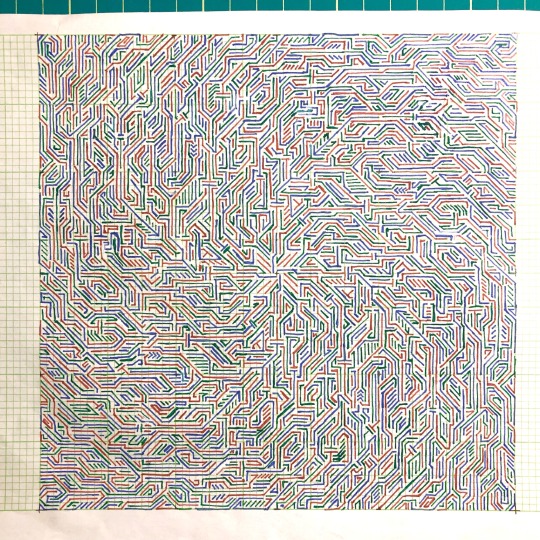
I finally got around to finishing this doodle? Line art? Madness? After having it taped to my wall for months unfinished.
And progression pics below.



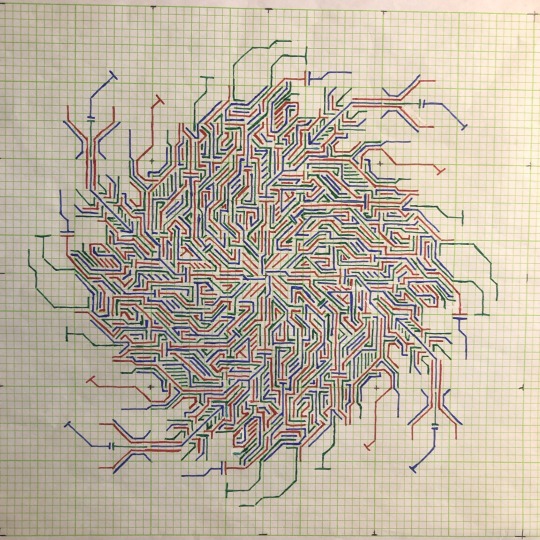

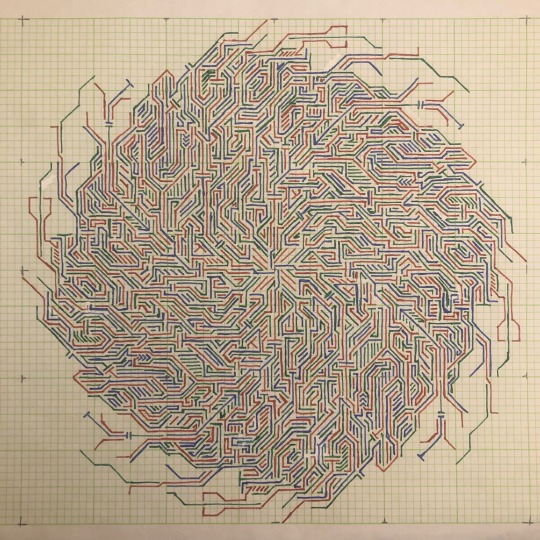


76K notes
·
View notes
Text

Marcel Duchamp – Man Ray, Rrose Sélavy et moi estimons les ecchymoses des esquimaux aux mots exquis, [1924] [© Adagp, Paris]


268 notes
·
View notes
